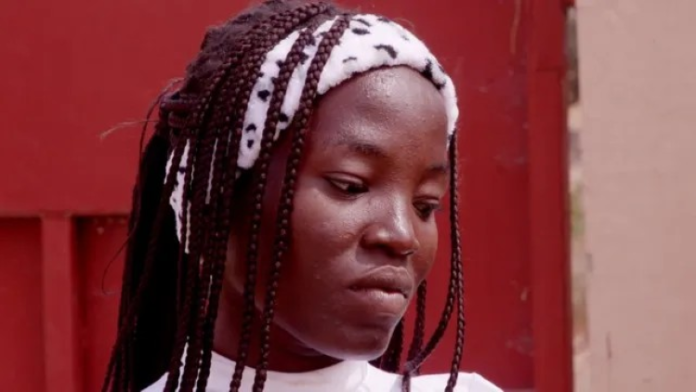A decade ago, 276 girls were abducted from their school in the town of Chibok, shocking the world and sparking the global #BringBackOurGirls campaign. Among the abductees was Lisu, who recently spoke out about her experiences after escaping from captivity, living in a hideout in the Sambisa forest.
Lisu, not her real name, shared that she had given birth to two children while held captive by the militant Islamist group Boko Haram. Despite escaping and going through a government rehabilitation program, she expressed regret for returning, citing mistreatment and lack of basic provisions in the government accommodation. Lisu lamented the restrictions on her movements, lack of food and soap, and verbal abuse from staff at the group home.
The Borno state government denied these allegations, stating that there were no restrictions on the movements of the young women in its care and providing adequate food and nutrition. Despite varied experiences among the escaped captives, there is a common theme of broken promises over the years.
Amina Ali, the first Chibok captive to escape in 2016, also voiced dissatisfaction with her treatment. She described emotional scars from her time in captivity and shared her ambitions to become a journalist and advocate for the Chibok girls’ story. Amina highlighted the challenges she faces, including financial hardships and lack of government support for her daughter’s education.
The plight of the Chibok girls who remain missing was echoed by Amina and others who escaped. Rakiya Gali, another escapee, expressed frustration with the government’s lack of support and protection in the face of ongoing Boko Haram attacks. While former Boko Haram fighter Muhammad Alli has found amnesty and works with the military, questions remain about accountability for past crimes.

